Writing is like prostitution. First you do it for love, and then for a few close friends, and then for money
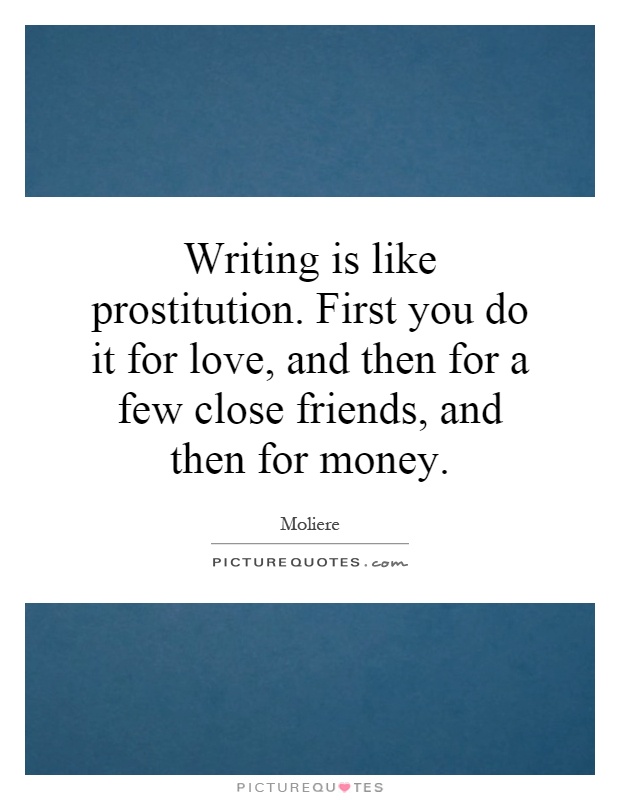
Writing is like prostitution. First you do it for love, and then for a few close friends, and then for money
In the world of literature, the quote "Writing is like prostitution. First you do it for love, and then for a few close friends, and then for money" holds a significant meaning. This quote, often attributed to Molière, the famous French playwright and actor, reflects the journey of a writer from passion to profession.Molière, known for his satirical comedies and sharp wit, understood the complexities of the writing process. Like a prostitute who starts out of love for the art, a writer begins their journey with a deep passion for storytelling. They pour their heart and soul into their work, driven by a desire to express themselves and connect with others through their words.
As a writer gains confidence and skill, they may start sharing their work with a few close friends or trusted readers. This stage is crucial for receiving feedback and honing their craft. Just as a prostitute may build a clientele of regulars, a writer cultivates a small circle of supporters who appreciate and encourage their work.
However, as the demands of life and the need for financial stability set in, a writer may find themselves turning their passion into a profession. Just as a prostitute may eventually rely on their services as a means of income, a writer may seek to monetize their talent through publishing, freelance work, or other avenues.
Molière himself experienced the challenges of balancing art and commerce. Despite his success as a playwright, he faced financial difficulties and struggled to make a living from his writing. This quote may reflect his own struggles with the commercialization of his work and the compromises he had to make to survive as a writer.
Ultimately, the quote "Writing is like prostitution. First you do it for love, and then for a few close friends, and then for money" serves as a reminder of the complex relationship between art and commerce. It challenges writers to stay true to their passion while also recognizing the practical realities of the industry. Just as Molière navigated these challenges in his own career, writers today continue to grapple with the balance between creativity and commercial success.
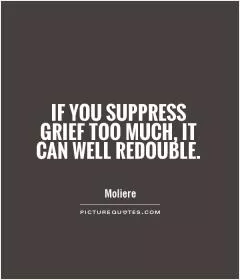
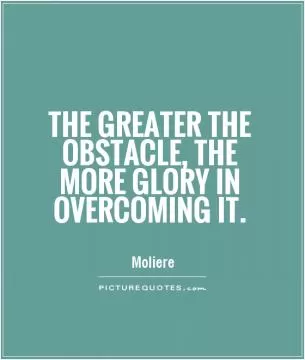

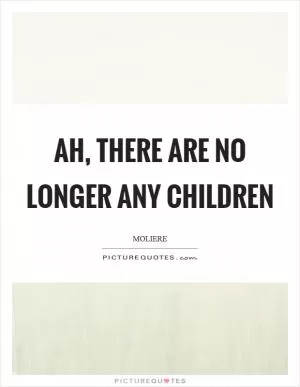


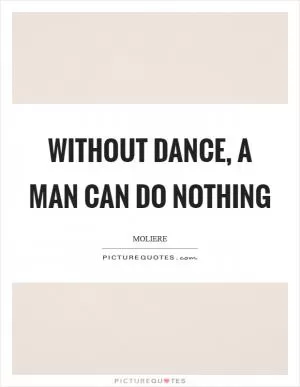
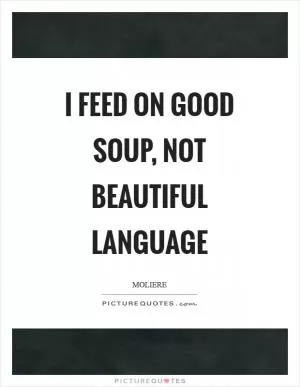
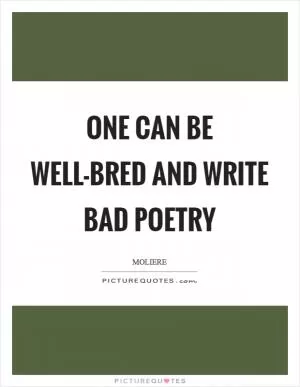


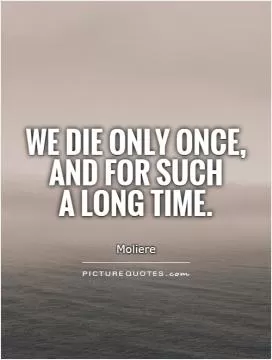
 Friendship Quotes
Friendship Quotes Love Quotes
Love Quotes Life Quotes
Life Quotes Funny Quotes
Funny Quotes Motivational Quotes
Motivational Quotes Inspirational Quotes
Inspirational Quotes